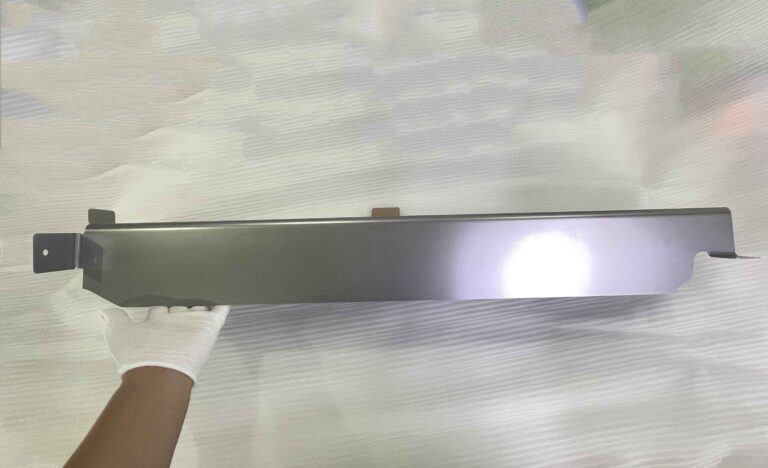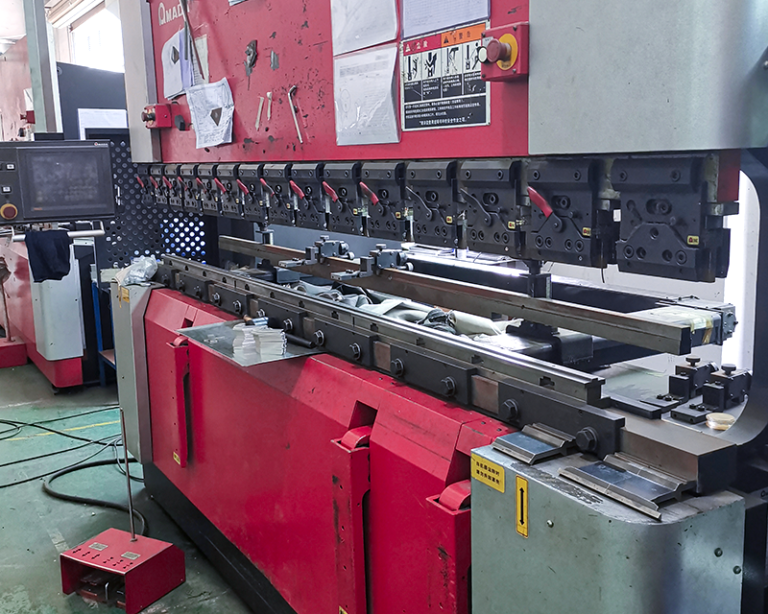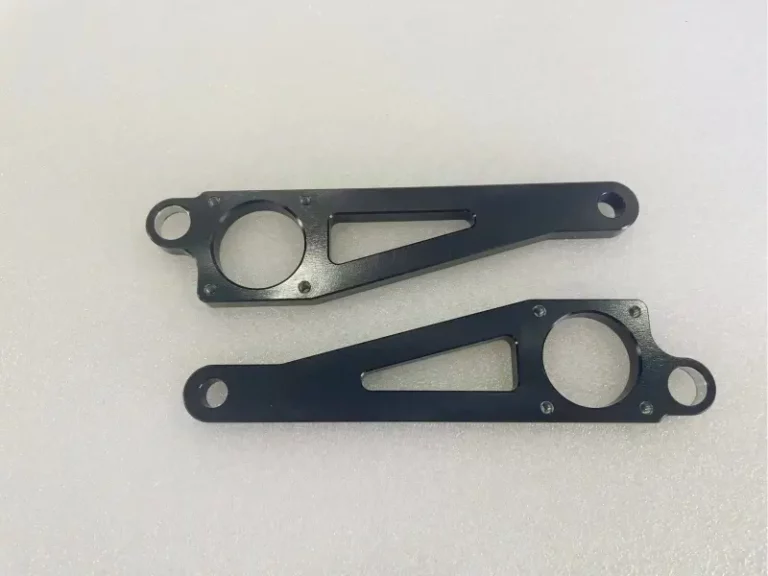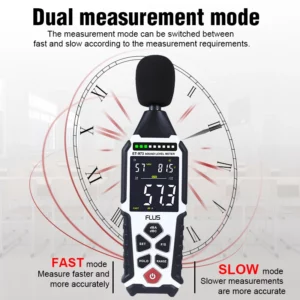Application Cases of Decibel Meters in Different Fields
Home » Application Cases of Decibel Meters in Different Fields
RECENT POSTS
Share:
- November 18, 2024
Table of Contents
In our increasingly noisy world, the need for effective sound measurement has never been more critical. Enter the decibel metre, a device designed to measure sound intensity in decibels (dB). This instrument is not only essential for sound engineers and musicians but also plays a vital role in various industries, environmental monitoring, and public health. In this blog, we will explore the diverse application cases of decibel meters across different fields, highlighting their importance and functionality.
Environmental Monitoring
One of the most significant applications of decibel meters is in environmental monitoring. Noise pollution has become a pressing issue in urban areas, affecting the quality of life for residents. Local governments and environmental agencies utilize decibel meters to assess noise levels in different locations, ensuring compliance with regulations and standards.
For instance, a city may deploy decibel meters in residential neighborhoods to monitor noise from traffic, construction, and nightlife. By collecting data over time, officials can identify problem areas and implement measures to mitigate excessive noise. This proactive approach not only helps maintain a peaceful environment but also protects public health, as prolonged exposure to high noise levels can lead to stress, sleep disturbances, and other health issues.
Occupational Safety
In industrial settings, decibel metres are crucial for ensuring worker safety. Many occupations expose employees to high noise levels, leading to hearing loss and other auditory problems. To combat this, companies are required to monitor noise levels regularly and implement safety measures when necessary.
For example, construction sites often have decibel meters on hand to measure noise generated by machinery and equipment. If the readings exceed safe levels, employers can take action by providing hearing protection, implementing engineering controls, or scheduling work during less disruptive hours. By prioritizing noise monitoring, companies comply with occupational safety regulations and foster a healthier work environment.
Music and Entertainment
The music and entertainment industry is another field where decibel meters are indispensable. Sound engineers and musicians rely on these devices to ensure optimal sound quality during live performances and recordings. By measuring sound levels, they can adjust audio equipment to prevent distortion and maintain a balanced mix.
For instance, during a concert, sound engineers use decibel meters to monitor the volume levels of different instruments and vocals. This real-time feedback allows them to make necessary adjustments, ensuring that the audience enjoys a high-quality auditory experience. Additionally, decibel meters help prevent hearing damage for both performers and audience members by keeping sound levels within safe limits.
Healthcare
In the healthcare sector, decibel meters play a vital role in assessing noise levels in hospitals and clinics. Excessive noise can negatively impact patient recovery and overall well-being. Studies have shown that high noise levels in healthcare settings can lead to increased stress, sleep disturbances, and even longer hospital stays.
To address this issue, healthcare facilities use decibel meters to monitor noise levels in patient rooms, hallways, and common areas. By identifying noisy areas, hospitals can implement strategies to reduce sound, such as installing sound-absorbing materials or redesigning layouts. This commitment to creating a quieter environment not only enhances patient comfort but also improves overall healthcare outcomes.
Education
Schools and educational institutions are increasingly recognizing the importance of sound management in learning environments. Research indicates that excessive noise can hinder students’ ability to concentrate and absorb information. As a result, many schools are now employing decibel meters to monitor classroom noise levels.
By measuring sound intensity during lessons, educators can identify when noise levels become disruptive. This data can inform decisions about classroom design, such as the use of acoustic panels or soundproofing materials. Additionally, teachers can implement strategies to promote quieter behavior among students, fostering a more conducive learning atmosphere.
Conclusion
The applications of decibel metres extend far beyond simple sound measurement. From environmental monitoring and occupational safety to music production, healthcare, and education, these devices play a crucial role in promoting well-being and enhancing experiences across various fields. As our understanding of noise pollution and its effects continues to grow, the importance of decibel meters will only increase.
0



